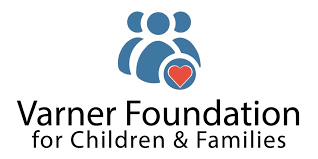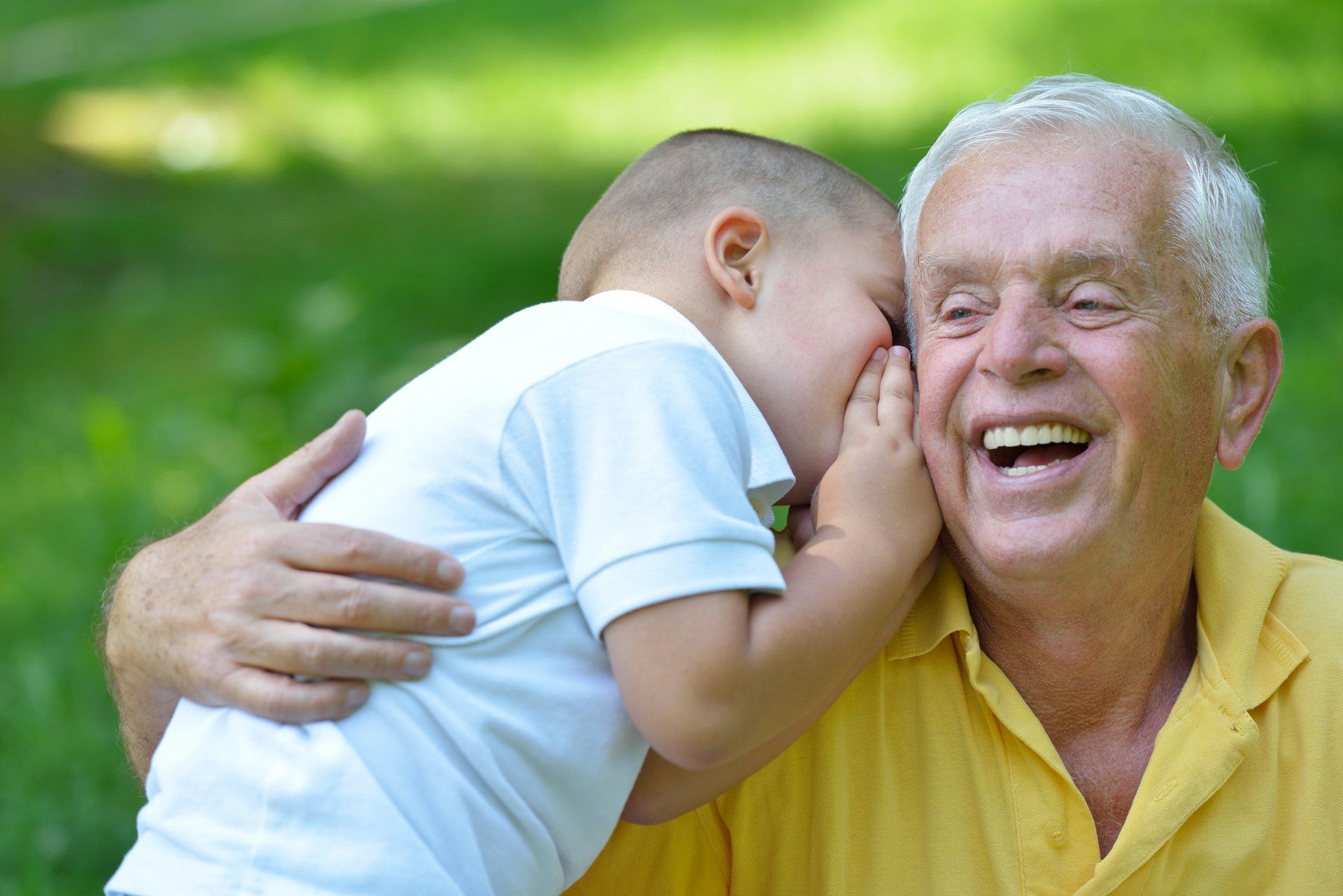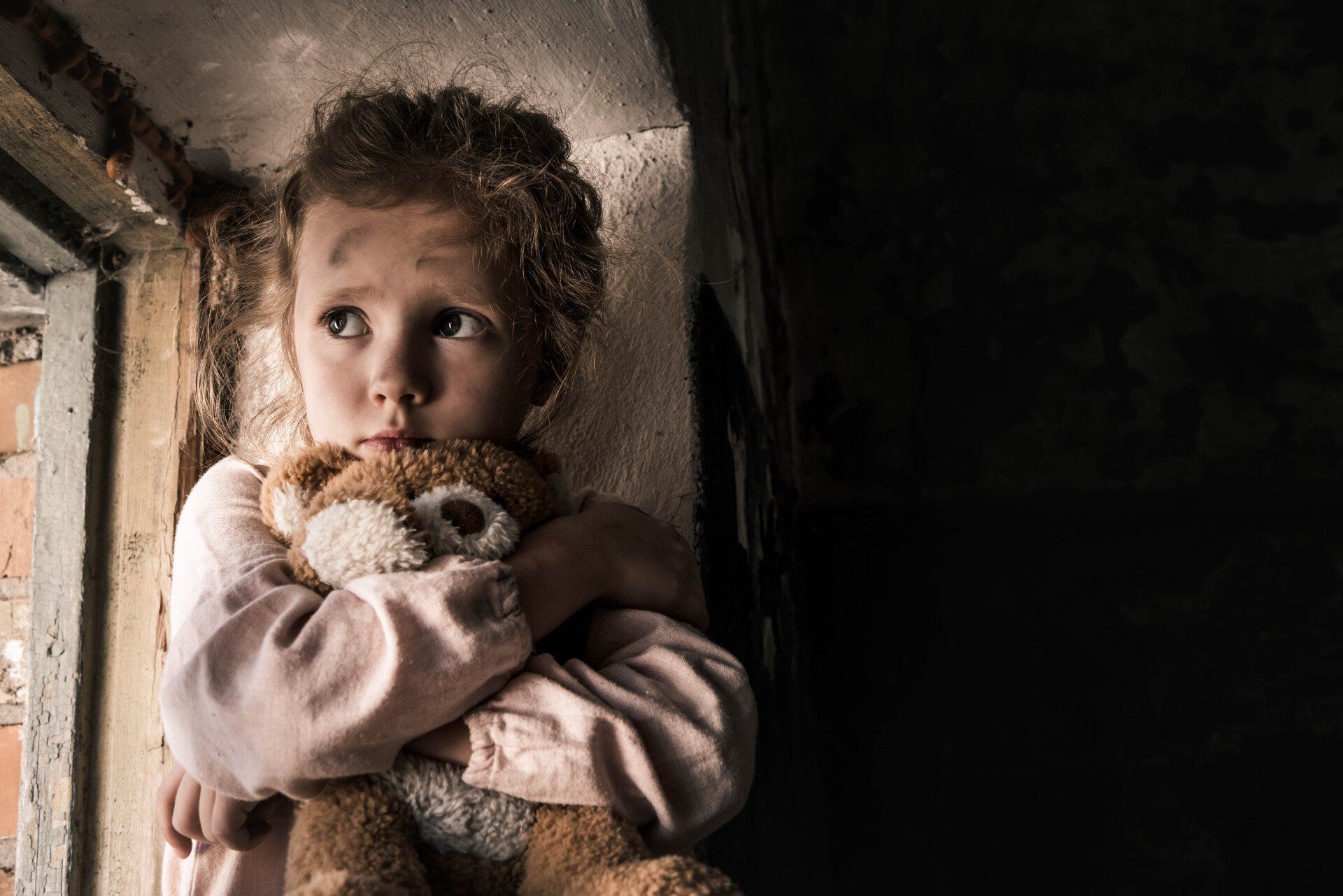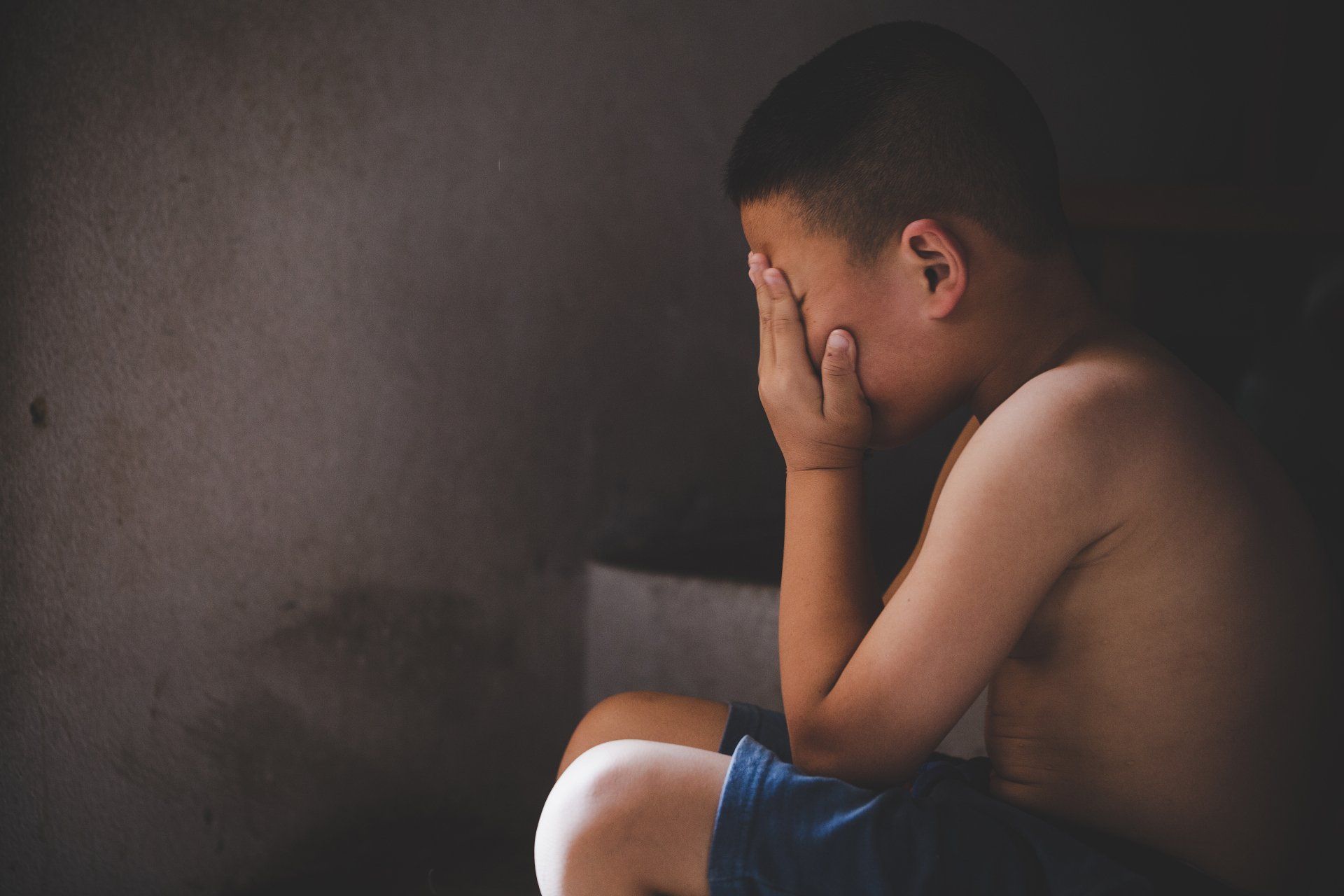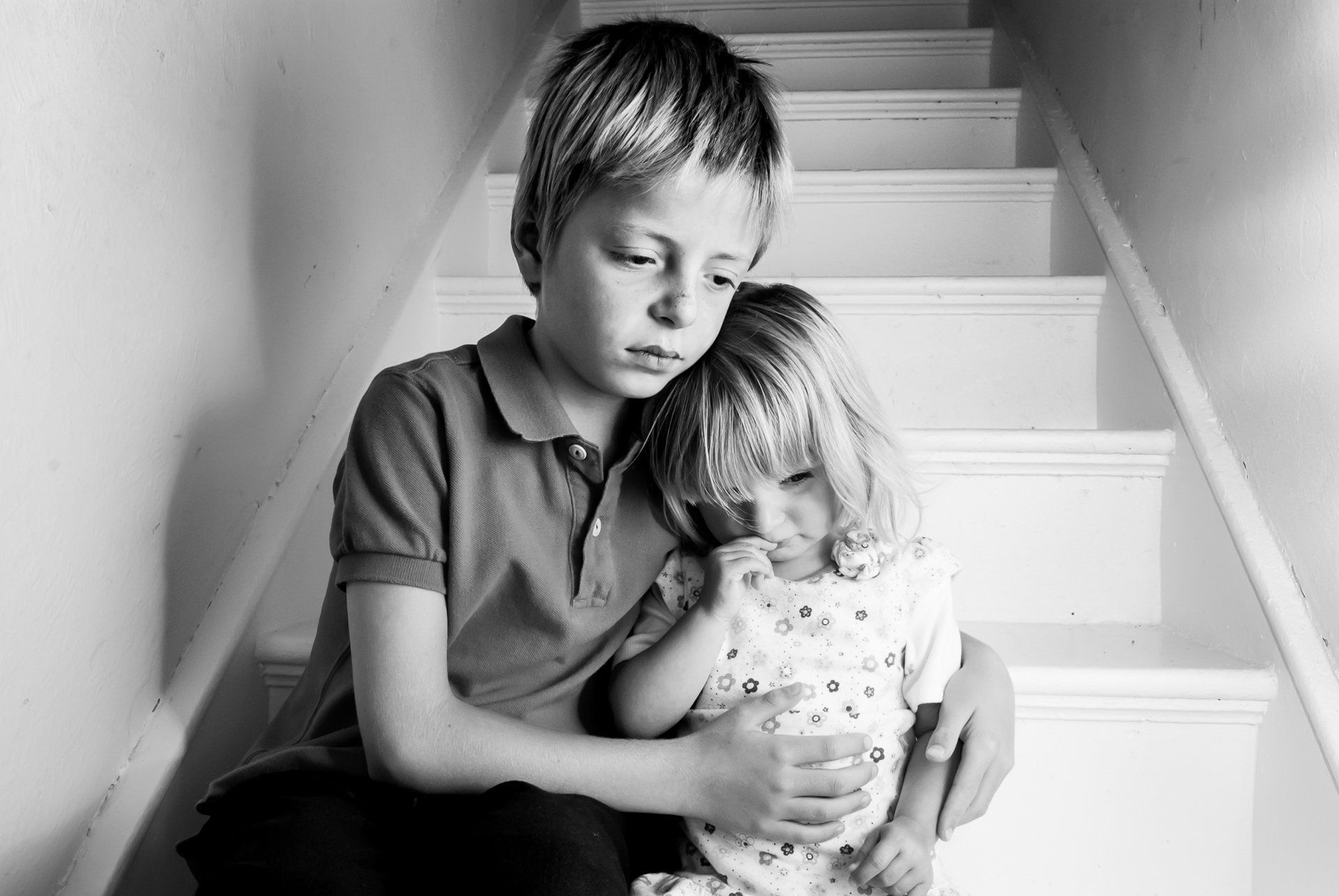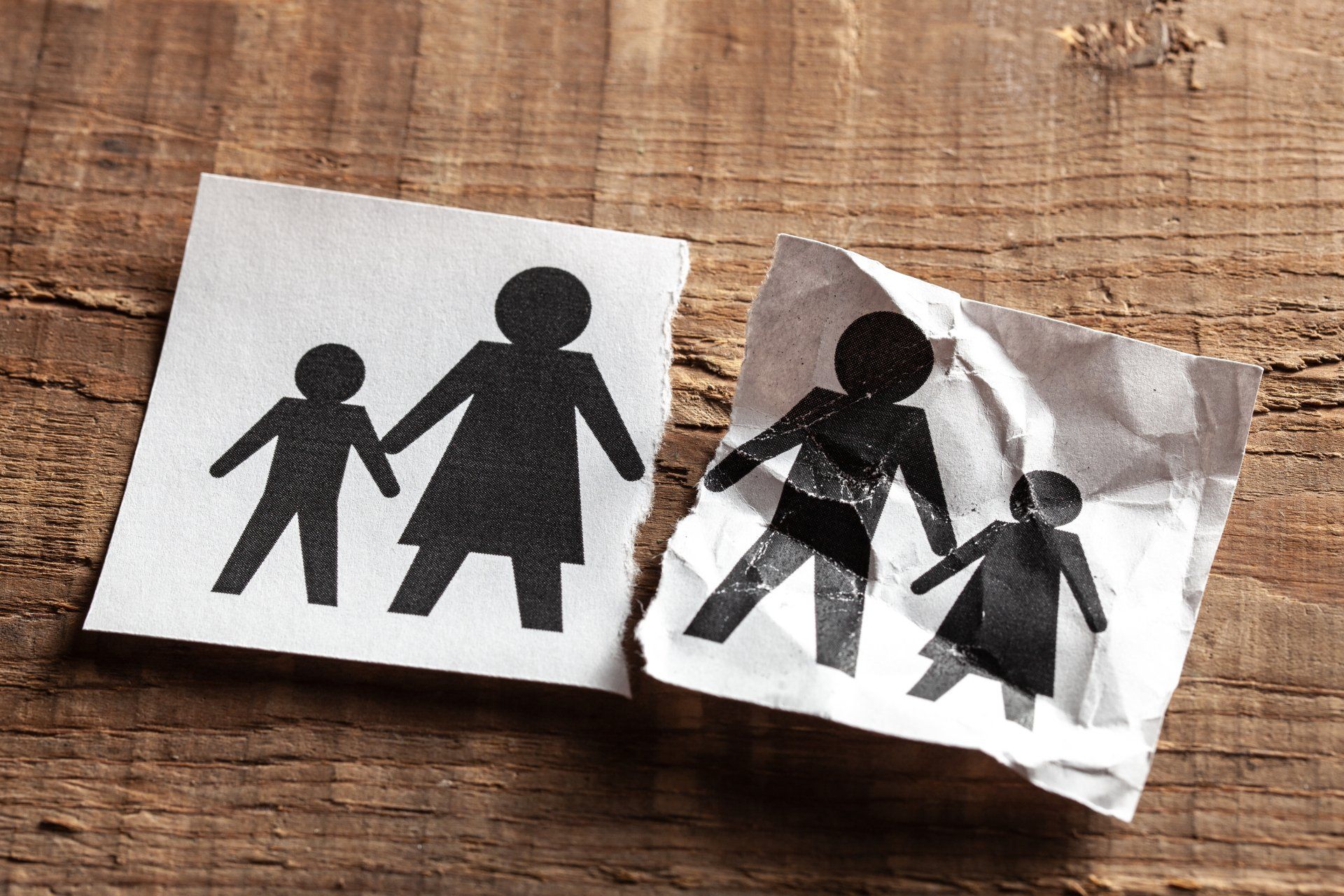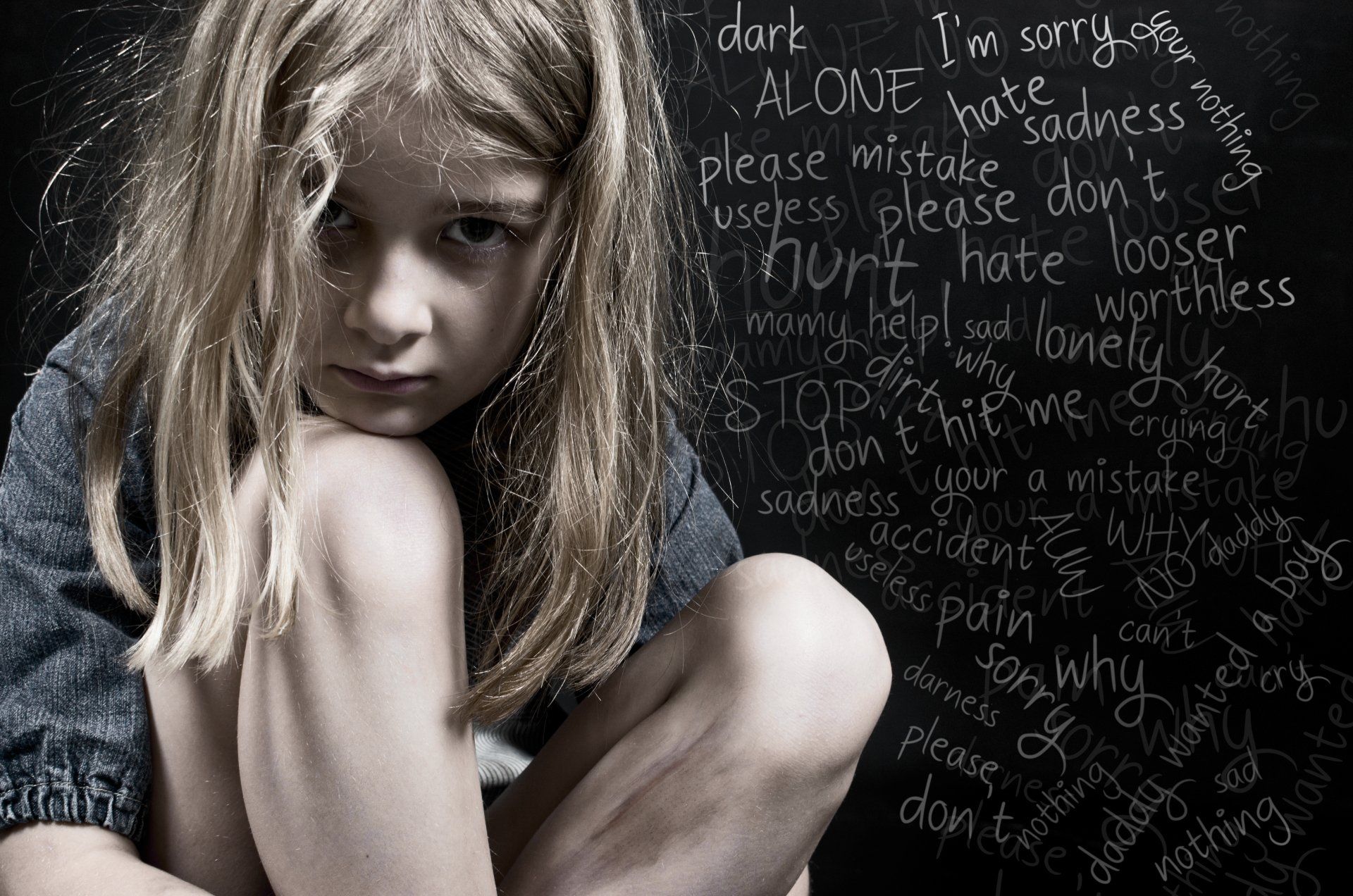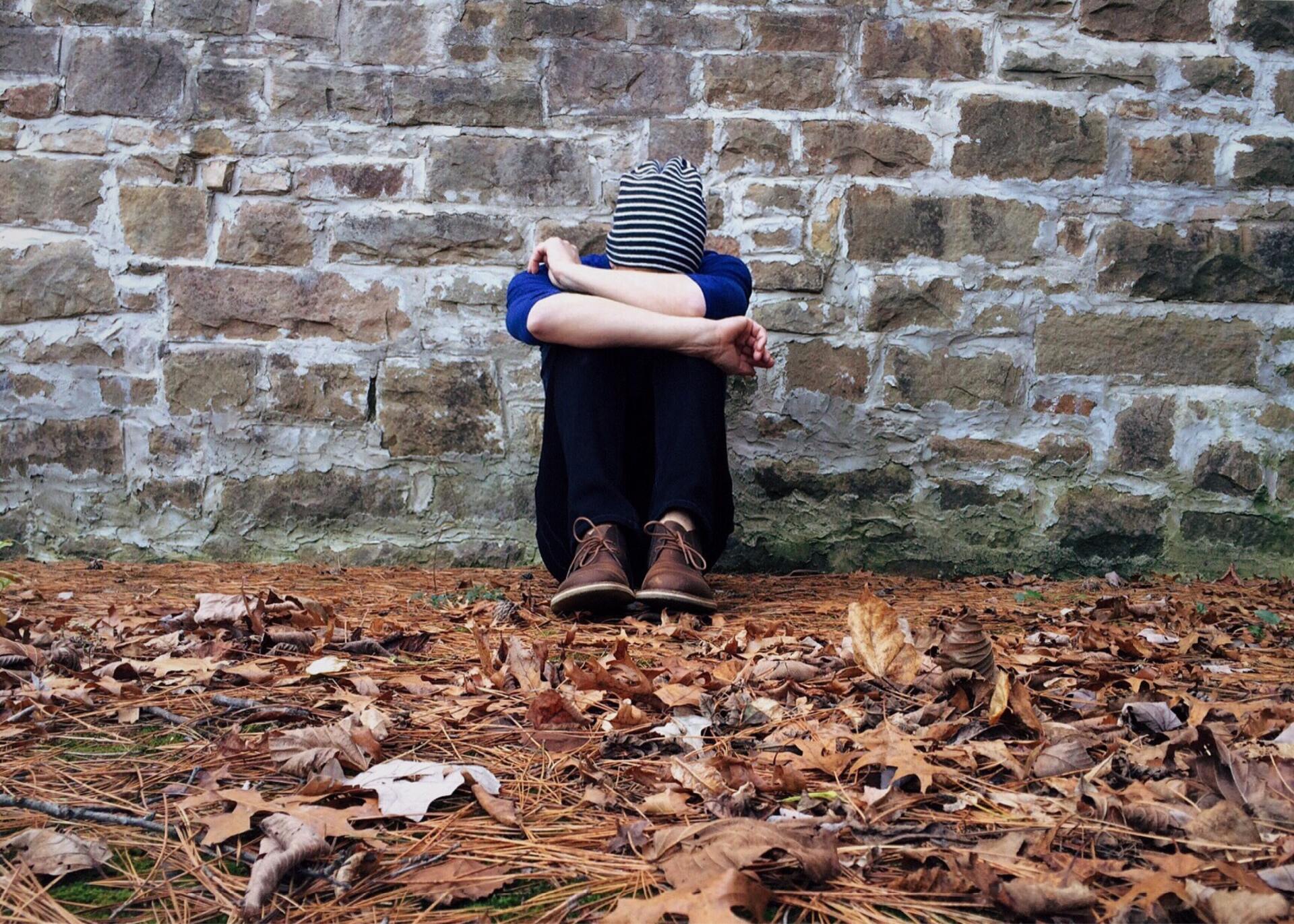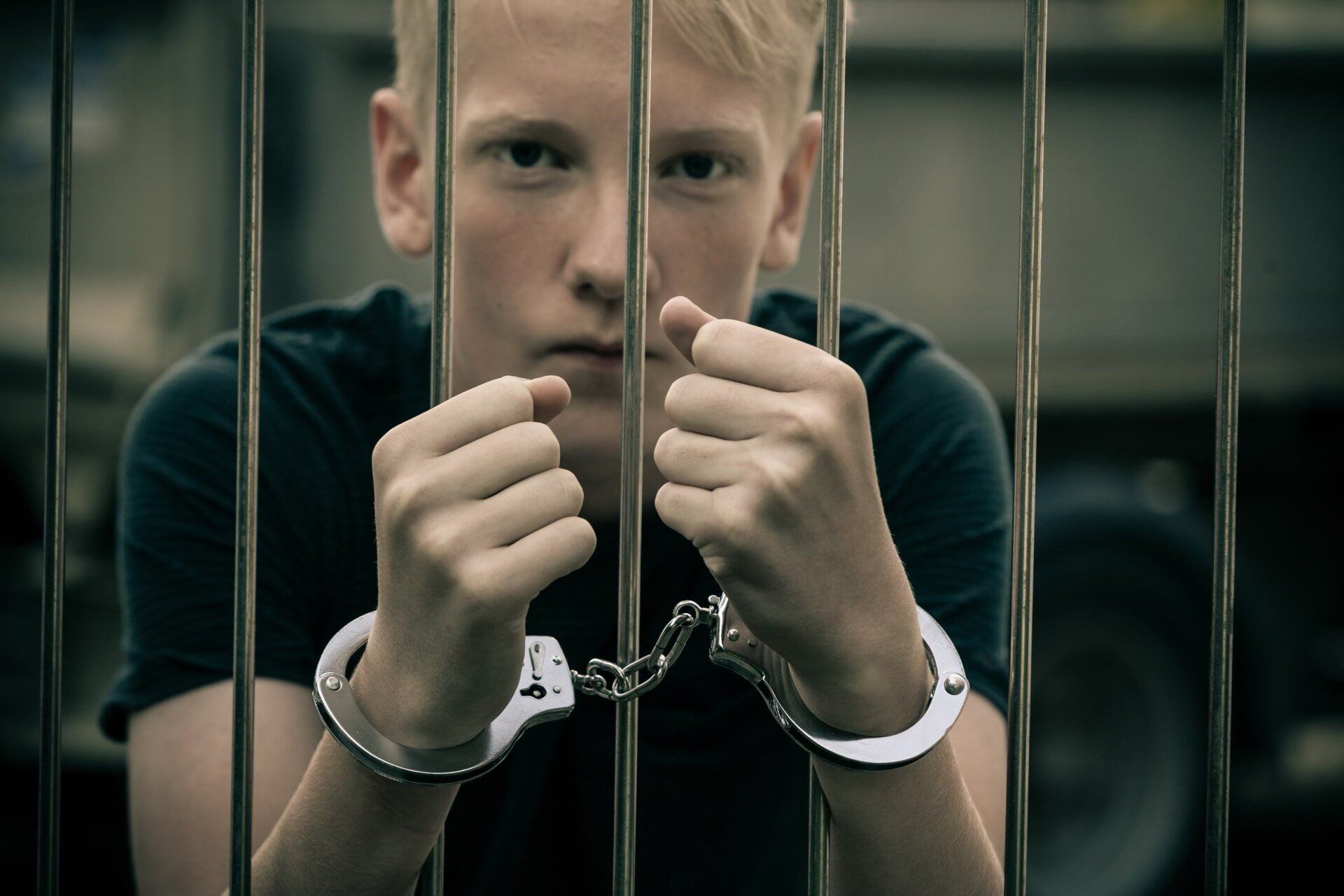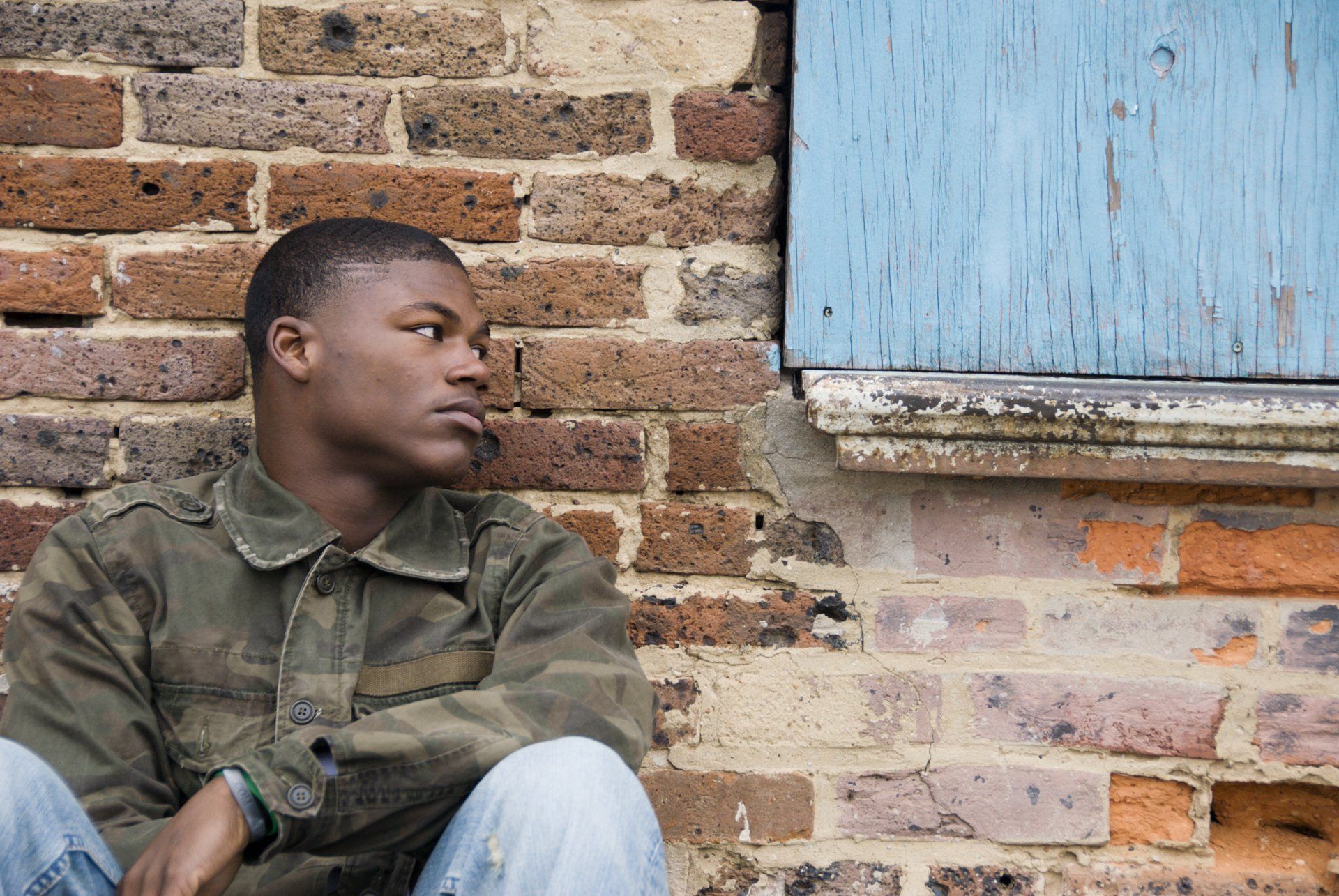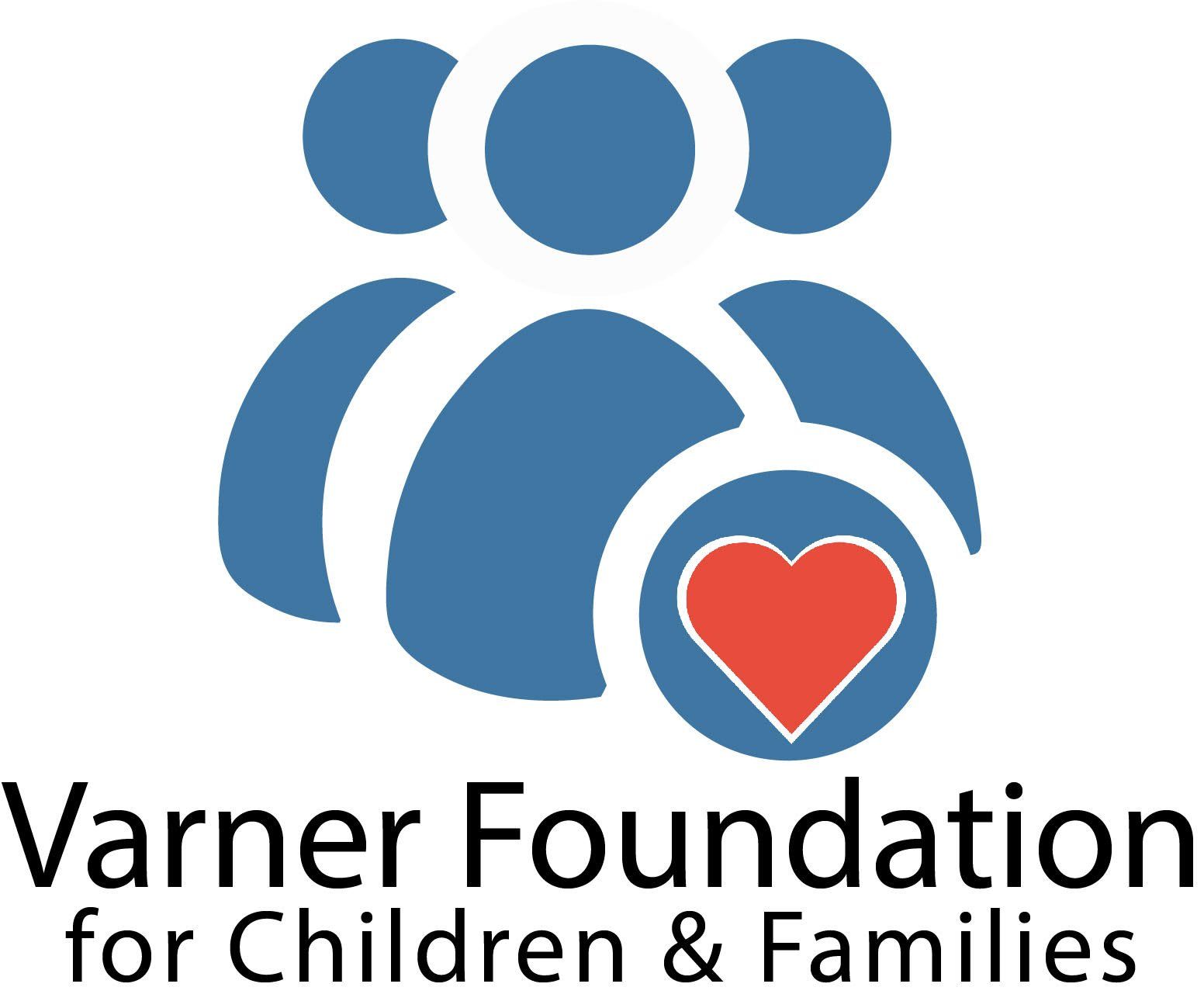
The sad truth is that for some children, who are placed into the fostering system, it is not a temporary home, and the system is severely broken.
Kids being fostered have so many needs that are necessary but are not in the scope of traditional programs or those programs simply don't have the budget to support the needs.
The Varner Foundation takes referral from its "trusted partner" organizations to help stand in the gap so...
- Great foster parents can keep fostering
- Kinship caregivers can keep their families together
- And older foster youth can move towards self-sufficiency
Facts from the Foundation
- A child enters foster care every minute and a half.
- Ohio is one of the top 5 states with the most kids and youth in foster care.
- Just over 50% of foster children graduate from high school solely due to being in foster care.
- In comparison to veterans, foster kids are twice as likely to suffer from PTSD.
- Right now, 2 out of every 1000 kids in the USA will enter into foster care this year alone.
- Only 1 in 5 kids are at grade level in either reading, math, or even both.
- Nationwide, there are 437,000 children in foster care, 2.4 million in official kinship care, and another 2.5 million kids in unofficial kinship care. That adds up to 5,137,000 children that cannot live at home anymore - because home isn't safe.
- In Ohio, there are 16,000 kids in foster care, 124,000 in official kinship care, and 320,000 (estimated) in unofficial kinship care, adding up to 460,000 children in Ohio alone facing displacement.
- One third of all foster children have a diagnosed disability.
- One out of every five 18-year-olds will be homeless upon leaving foster care.
- Foster kids are seven times more likely to have depression and five times more likely to have anxiety than non-foster kids.
- Foster children are at a significantly higher risk of suicide than their peers due to loss, isolation, lack of support and trauma.
- Nearly half of foster parents quit their first year of fostering due to lack of critical support.
Sources:
"The Foster care System. A Broken system needing change" - Isabella Dakis, The Medium
"We Have to Stop Losing Half of Foster Parents in the First Year" - Irene Clements, The Impact Youth & Family News
"May is National Foster Care Month" - The Annie E. Casey Foundation


